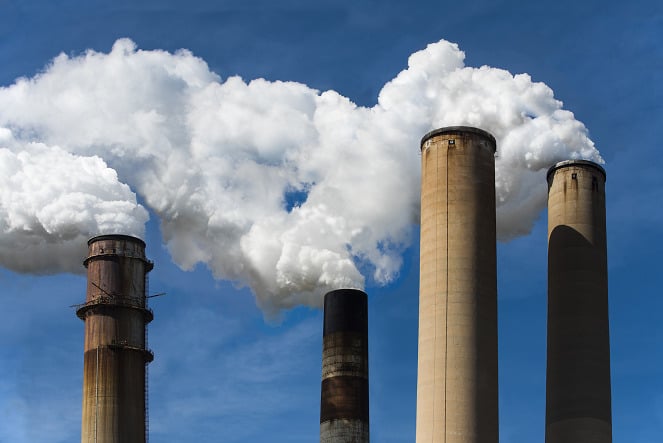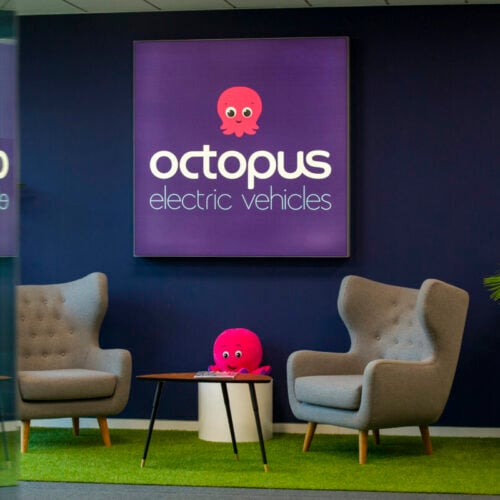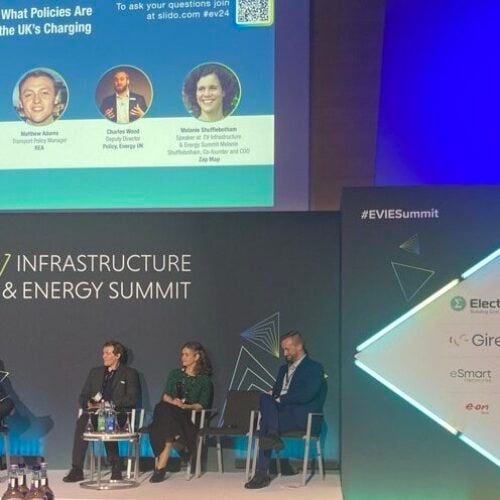Businesses across the world are being urged to embrace and accept third party sustainability standards in order to properly contribute towards Sustainable Development Goals (SDGs) agreed at COP21.
A new report issued by the World Wildlife Foundation in collaboration with sustainability alliance ISEAL, dubbed ‘SDGs mean business’, has lauded the importance of the private sector’s contribution towards achieving ambitious SDGs set out by each country at the Paris Climate Summit in 2015.
The report goes on to suggest that multinationals in particular will play a “key role” in addressing social and environmental issues, stressing the importance of them agreeing to credible, voluntary sustainable standards.
“Standards and certification schemes will only deliver the real, measurable sustainability outcomes that contribute to achieving the SDGs if they are credible. A credible sustainability standard is more than a logo on a product: it is run by an independent organisation that ensures compliance, maintains the integrity of the system and has a clear mission-driven focus on sustainability,” the report states.
It places energy consumption as a central tenet to this standard with further importance stressed on businesses ensuring that supply chain consumption is also taking into account, with energy efficiency and renewable energy supply particularly important.
However the report states that should renewable energy use be claimed, these sources need to be verified in order to guarantee their credentials.
Richard Holland, director of WWF International’s global conservation division, said SDGs represented an opportunity for countries to alleviate the risks of poverty, inequality, and climate change.
“While leading companies have already made far-reaching commitments to help address climate change, deforestation and decent work, the majority of business sectors are not yet delivering on their responsibility towards the Agenda 2030,” he warned.






